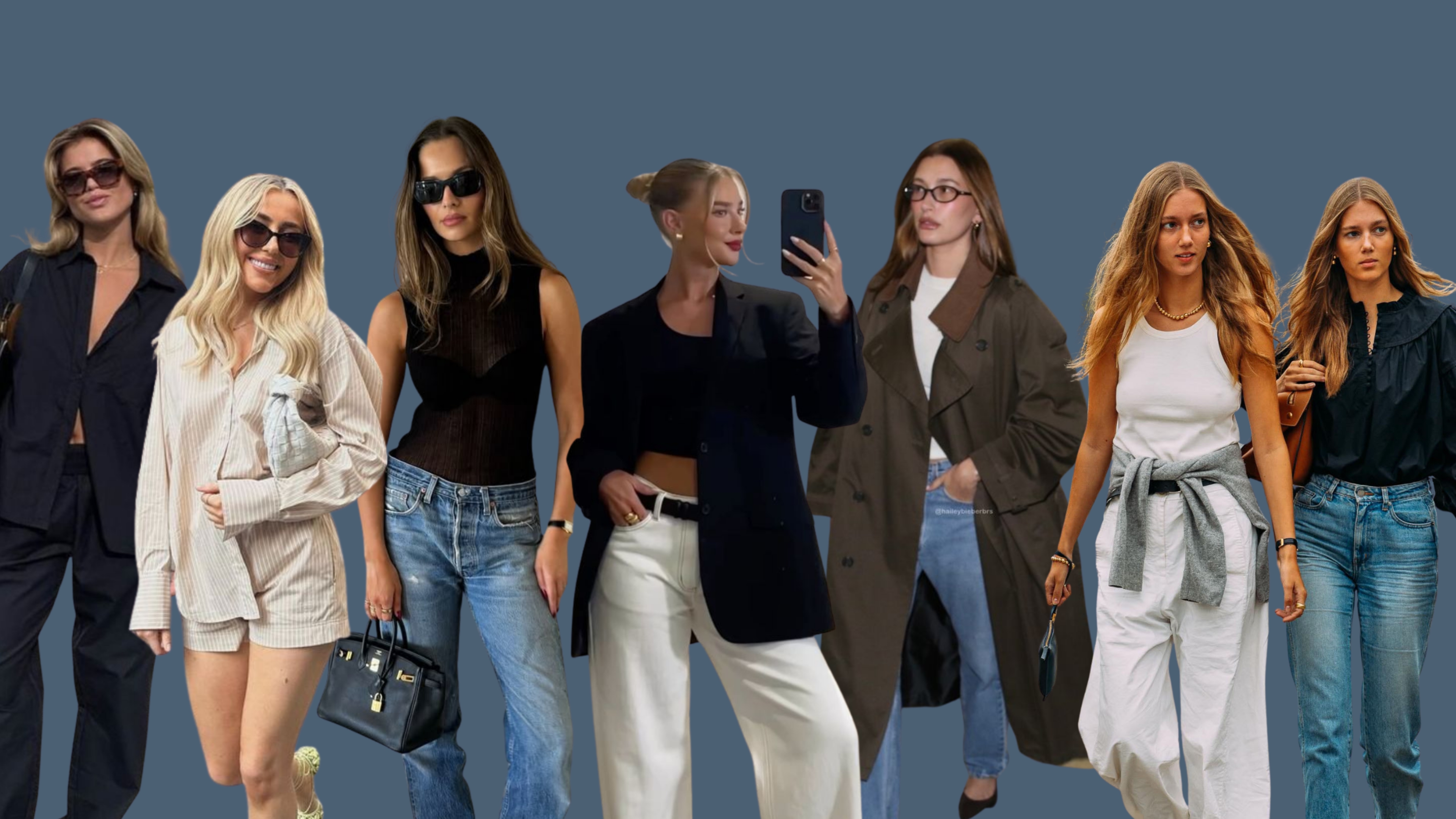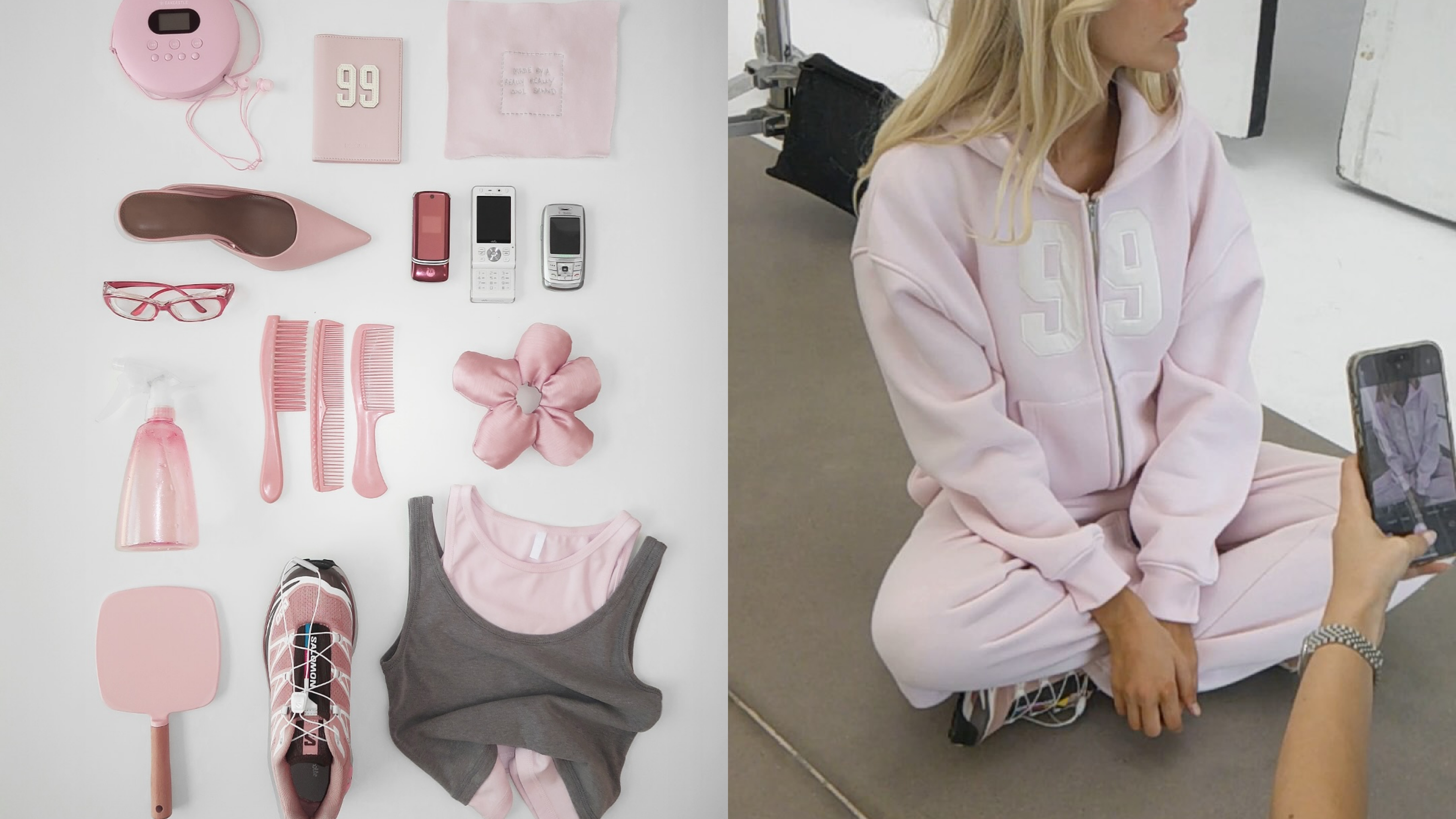Celebrity brands in various industries, including beauty, fashion, and wellness, have surged recently. However, with the rise of these brands also comes the question of whether or not they are succeeding in the long term. Are celebrity brands failing, or are they here to stay?
While celebrity brands have advantages in leveraging star power and visibility, they also face challenges related to authenticity, sustainability, and oversaturation.
The rise of consumer discernment
In the realm of celebrity brands, authenticity has become a critical factor in capturing the trust and loyalty of today's consumers. Gone are the days when a celebrity endorsement alone could guarantee success. Consumers have become more discerning, empowered by easy access to information and a desire for genuine connections with the brands they support.
Authenticity, in the context of celebrity brands, refers to the degree to which the brand aligns with the values and beliefs of its target audience. Consumers want to know that a celebrity brand goes beyond surface-level associations and embodies a genuine passion for the industry and a commitment to delivering high-quality products or services. They seek brands that resonate with their aspirations, needs, and lifestyle choices.
Sustainability on the rise
In recent years, sustainability has become a paramount concern for consumers, and this shift in mindset has profoundly impacted the fashion and beauty industries. Consumers are increasingly aware of the environmental repercussions of their purchasing decisions and actively seek brands that prioritise sustainability. This has created a unique challenge for celebrity brands, as some have faced criticism for promoting fast fashion and contributing to the culture of disposable consumerism.
A genuine commitment to sustainability is crucial to navigating this changing landscape and thriving as a celebrity brand. Adopting sustainable practises throughout the brand's operations and supply chain is essential. This includes sourcing materials and ingredients ethically, reducing waste and carbon emissions, and implementing eco-friendly manufacturing processes. Celebrity brands should prioritise transparency and communicate their sustainability efforts to consumers, demonstrating their dedication to responsible business practises.
The issue of over-saturation
In today's market, the proliferation of celebrity brands has resulted in a sense of oversaturation. With so many celebrities venturing into branding, consumers can quickly become fatigued and find it challenging to differentiate one celebrity brand from another. This poses a significant challenge for celebrity brands, as they need to find ways to stand out amidst the competition and capture the attention of their target audience.
Goop
Goop is a lifestyle brand launched by actress Gwyneth Paltrow in 2008. The brand began as a weekly newsletter featuring Paltrow's recommendations for various wellness products and practices and has since expanded into a full-fledged e-commerce and media company. However, the brand has been criticised for its promotion of alternative health practices and wellness products deemed ineffective or harmful.
One of the main criticisms of Goop is its promotion of unproven health practices and products. For example, in 2018, the brand was ordered to pay a settlement of $145,000 for making false claims about the effectiveness of vaginal eggs, which were marketed as being able to balance hormones and regulate menstrual cycles. Additionally, the brand has been criticised for promoting products lacking scientific evidence, such as jade rollers and ear candles.
Another criticism of Goop is its promotion of pseudoscience and anti-vaccine messaging. In 2019, the brand came under fire for hosting a wellness summit that featured a speaker who claimed that cancer was caused by a "lack of love". Additionally, the brand has been criticised for promoting anti-vaccine sentiment and spreading misinformation about the safety and effectiveness of vaccines.
Despite the brand's controversy, Goop has continued to grow and expand into new areas, such as beauty and fashion. The brand has also faced criticism over the pricing of its products, which are often considered unaffordable for the average consumer.
While Goop has faced criticism and controversy over its promotion of unproven health practices and products, the brand has continued to grow and expand. The controversy surrounding Goop highlights the importance of responsible marketing and promoting products and practices backed by scientific evidence.
Ivy Park
Launched in 2016 by pop superstar Beyoncé, Ivy Park was a sportswear line that aimed to provide fashionable and functional workout clothing. The brand initially received a lot of hype and generated consumer interest, with many eager to buy into Beyoncé's vision of style and fitness. However, in recent years, Ivy Park has experienced a decline in sales, with reports suggesting that the brand's sales have fallen by more than 50%.
A few factors may have contributed to Ivy Park's decline in sales. The sportswear market is highly competitive, with many established brands vying for market share. Ivy Park's initial hype fizzled out over time, with consumers moving on to other trends and brands.
The brand's pricing is another potential factor contributing to Ivy Park's decline. Many consumers found the brand's products to be overpriced, particularly given the quality and functionality of the clothing. This may have turned off some consumers seeking affordable and practical workout wear.
Despite declining sales, Beyoncé has continued promoting Ivy Park and even partnered with Adidas to release new collections. It remains to be seen whether these efforts will be enough to revive the brand's fortunes and recapture the interest of consumers.
Ivy Park's decline in sales highlights the challenges that celebrity brands face. While a famous name can generate initial buzz and interest, sustaining a successful brand takes more than star power. Affordable pricing, high-quality products, and effective marketing are all critical factors in building a successful brand, and it's clear that Ivy Park fell short in one or more of these areas.
On the other hand
Despite these challenges, there are also success stories among celebrity brands. For example, Kylie Jenner's cosmetics brand, Kylie Cosmetics, has been incredibly successful, with Forbes estimating its worth at $900 million in 2019. Additionally, Rihanna's Fenty Beauty brand has been praised for its inclusive shade range and has successfully appealed to diverse consumers.
So, are celebrity brands failing? It's a complicated question with no easy answer. While some celebrity brands may struggle to stay relevant in an increasingly competitive market, others have proven successful by prioritising authenticity, sustainability, and innovation.
Ultimately, a celebrity brand's success will depend on various factors, including the quality of the product, the values and messaging behind the brand, and the ability to stay relevant and adapt to changing consumer trends. As the market for celebrity brands continues to evolve, it will be interesting to see which brands can thrive in the long term.






.svg)


.svg)
.svg)






